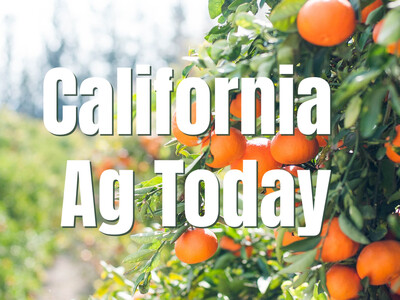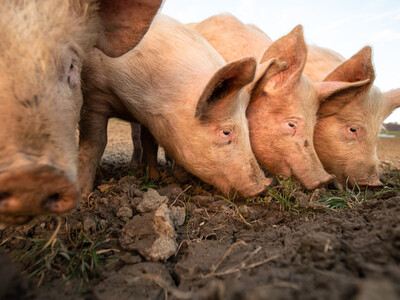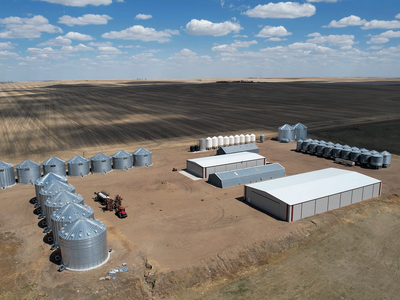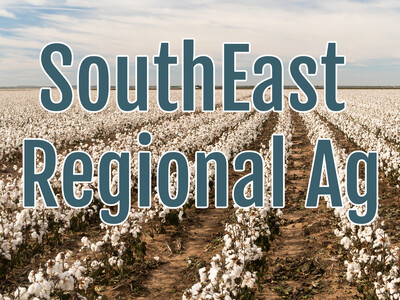Molecular Farming - Part One

Tim Hammerich
News Reporter
Biotechnology has the potential to change the game in agriculture. And we’re starting to see more examples of what this might look like. ELO Life systems has developed a platform to enable what they call molecular farming. CEO Todd Rands says this means they recreate entire pathways that come from nature and allow them to produce ingredients that couldn’t be farmed in the past. Their first product is an all-natural plant based sweetener that has traditionally come from monk fruit.
Rands… “Monk fruit is a great example. It's hard to produce. You can't grow it anywhere else. It's very expensive, very labor intensive. You have to actually hand pollinate every flower in order to get the fruit. And then as soon as you pick it, it starts to spoil. So you have to freeze it before you take it to the Chinese factories to produce it. So not surprisingly, it's incredibly expensive and people can't reliably source it. So, not a great solution. But yet all the food companies love it. They want more of it. We can take that same pathway from those Chinese monk fruit and put 'em into crops we can grow right here in the US or anywhere else, and now produce and make that same ingredient, that same natural plant sweetener, available at a much larger scale and for an affordable price. We've chosen to put it into watermelon so we can create a super sweet juice that can get blended into all natural juices and reduce sugar.”
Rands says this is just the beginning of the potential markets for molecular farming.












